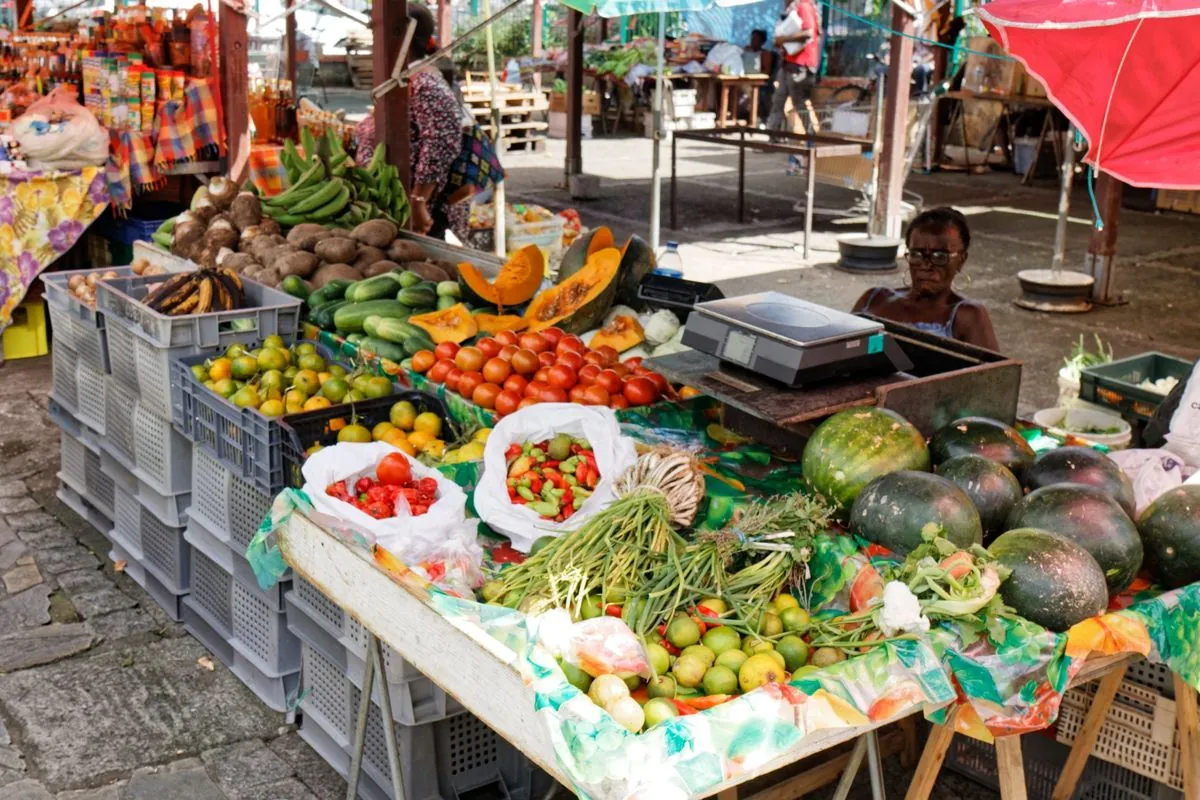Martinique Unions Escalate Protests Against Rising Living Costs
Unions in Martinique intensify actions against high living expenses, causing transportation disruptions. French anti-riot police deployed as government imposes curfew and protest ban.

In Martinique, a French overseas department in the Caribbean, labor unions have intensified their actions against escalating living costs, leading to significant disruptions across the island. This development marks a critical point in the ongoing social unrest that began in early September 2024.
On Tuesday, September 24, 2024, Martinique experienced severe transportation disruptions. A union representing transportation workers instructed its members to use tractor-trailers to obstruct major roadways and directed public bus operators to cease services. This action effectively paralyzed traffic across the island, as reported by France Télévisions.
The situation is set to escalate further with the announcement of an indefinite strike by a union representing health workers, local authorities, and private sector employees, scheduled to commence on Thursday, September 26, 2024. This union has put forward a list of demands, including an increase in the minimum wage, higher retirement pensions, and the implementation of price controls on essential goods.
These protests are occurring against the backdrop of Martinique's complex economic landscape. As an overseas department of France, Martinique is part of the European Union as a special territory. The island, with a population of approximately 376,480 as of January 2016, has a mixed economy heavily reliant on tourism, agriculture, and services. Despite having a relatively high standard of living compared to other Caribbean islands, Martinique faces economic challenges due to its dependence on imports.
The current unrest reflects ongoing socio-economic tensions on the island. Martinique has a rich cultural heritage, blending African, French, and Caribbean influences, and boasts a literacy rate of nearly 100%. However, it has experienced social unrest in the past due to economic disparities.

The protests have not been without incident. In mid-September 2024, at least six police officers and one civilian were injured during demonstrations. In response to the escalating situation, the Martinique government has taken stringent measures, including the imposition of a curfew and a ban on protests.
At the request of local authorities, France has deployed Companies for Republican Security, its anti-riot police force, to the island. These units arrived over the weekend of September 21-22, 2024, to assist in maintaining order.
This unrest occurs in a territory known for its natural beauty and historical significance. Martinique, discovered by Christopher Columbus in 1502 and part of France since 1635, is home to Mount Pelée, an active volcano that tragically destroyed the town of Saint-Pierre in a 1902 eruption. The island's tropical climate, with an average temperature of 26°C (79°F), typically attracts tourists and supports its agricultural sector, particularly known for rum and banana production.
As the situation continues to evolve, the impact on Martinique's economy and its relationship with mainland France remains to be seen. The ongoing protests highlight the delicate balance between economic development and social equity in overseas territories, presenting challenges for both local and national authorities.


































